The following could constitute a class from your local business school, but it’s also used in great story-telling. In my work with organizations, I have seen group after group follow the stages of team development in their quest to become an effective team. These stages are Forming, Storming, Norming, and Performing.
A group of individuals don’t simply meet one day and perform together as an effective team, just as a group of characters don’t start the story already performing at a high level of effectiveness. Great stories involve try-fail cycles and character arcs.
What I’m about to share is in a lot of movies/stories like Remember the Titans, The Martian, Apollo 13, The Incredibles, Dark Knight Rises, The Way of Kings (not a movie yet), and so many more, but I’m going to focus on The Avengers (2012).
FORMING – Nick Fury starts to form a group of superheroes namely Iron Man, Captain America, Thor, Black Widow, Hawkeye, and The Hulk. At first, the individuals were all about doing their own thing. They each had some experience in their element, but little experience in working as a team, especially with others as equally talented as themselves.
STORMING – Often Storming follows Forming though it may pop up from time to time. For example, Civil War is pretty much all Storming in a group that at the end of the first Avengers reaches the level of a Performing Team.
In the first Avengers Movie, Storming happens throughout a lot of the money and is based on the dynamics of characters interacting with one another in the group. Hulk doesn’t want to help. Thor wants to do his own thing. Iron Man’s too arrogant to ask for help. All of these and more prevent the group from developing into an effective team. “What are we a team? No, we’re a time bomb.” – Bruce Banner
NORMING really starts when the team thinks Agent Coulson was killed. Nick Fury uses this moment to inspire the group and get them all on the same page. In the following scene they stop trying to do it their way (individually) and start respecting each other’s talents and skills. Norming suggests synergies. As a team they are greater than the sum of their parts.
PERFORMING happens right at the end. The Avengers spent some time Norming, figuring out each other’s strengths and weaknesses. And then Captain and Iron Man really start to employ the others and work as a team.
https://www.youtube.com/watch?v=1nEo40Y-Qrc
The following is the culmination of the performing team and my favorite clip of the movie.
 I live in Arizona with my family, wife and five kids and a little dog. I write fiction, thrillers and soft sci-fi with a little short horror on the side. I’ve hold an MBA and work in finance for a biotechnology firm.
I live in Arizona with my family, wife and five kids and a little dog. I write fiction, thrillers and soft sci-fi with a little short horror on the side. I’ve hold an MBA and work in finance for a biotechnology firm.
I volunteer with the Boy Scouts, play and write music, and enjoy everything outdoors. I’m also a novice photographer.
You can read some of my works by visiting my Wattpad page and learn more at www.jacekillan.com.

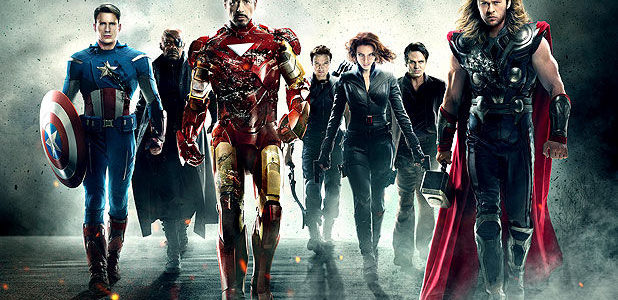
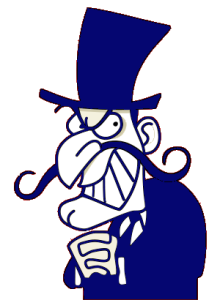
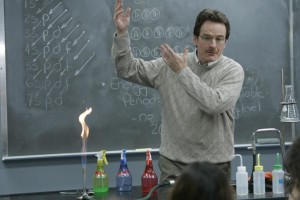
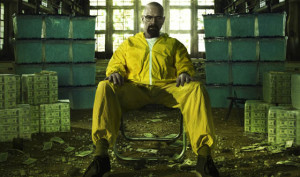
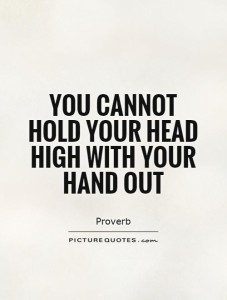

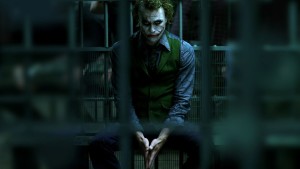 the topic of great characters came up, I really didn’t have to think very long to figure out who I wanted to write about. I love villains, and one of my favorites is the Joker.
the topic of great characters came up, I really didn’t have to think very long to figure out who I wanted to write about. I love villains, and one of my favorites is the Joker.